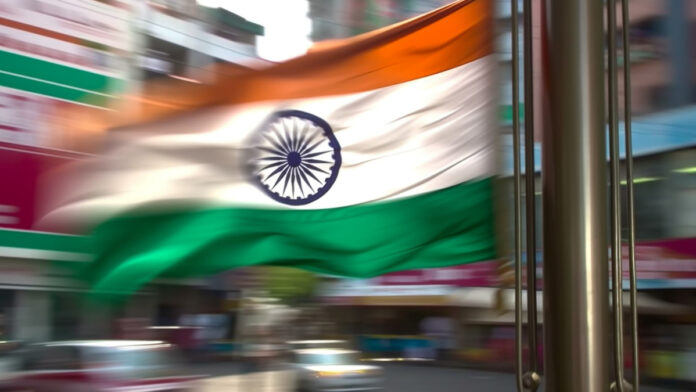Bharti Airtel will see enhancements in its core capability and capacity for FWA technology with the new deal, Ericsson says
In sum, what to know:
FWA deal – Bharti Airtel and Ericsson signed a new agreement to expand FWA services across India using an upgraded, cost-efficient platform.
New Ericsson platform – The solution introduces high-capacity FWA with a smaller footprint and improved total cost of ownership, built on Airtel’s existing 5G Core deployment.
Focus on 5G monetization – The partnership aims to support inclusive digital transformation and future 5G monetization while enhancing network performance and reliability under rising data demand.
Indian carrier Bharti Airtel and Ericsson have signed a new agreement with the aim of supporting the former’s rollout of Fixed Wireless Access (FWA) services in India.
In a release, Ericsson said that the deployment will enhance Airtel core capability and capacity for FWA technology.
As part of this agreement, Ericsson is introducing a new platform which will support high capacity FWA with a smaller footprint and better total cost of ownership. The vendor noted that the solution builds on the previously announced dual-mode 5G Core solution deal between Ericsson and Airtel for 5G packet core which created a unified and future-ready network infrastructure.
Randeep Sekhon, CTO at Bharti Airtel said: “Ericsson’s Packet Core deployment architecture represents a foundational enhancement, enabling critical improvements in network quality and reliability. This strategic implementation is specifically designed to accommodate rapidly increasing customer data requirements, ensuring robust performance and seamless connectivity even under peak demand.”
Andres Vicente, head of market area Southeast Asia, Oceania and India at Ericsson, added: “We are proud to continue our technology leadership journey with Airtel by enabling their next wave of 5G monetization through FWA. This collaboration is not just about advanced technology — it’s about enabling inclusive digital transformation and bridging the digital divide in the country.”
In February, Bharti Airtel and Ericsson had expanded their partnership with a new deal to deploy the latter’s 5G Core network solutions.
At that time, the Swedish vendor noted that the collaboration was aimed at enhancing connectivity for millions of Airtel customers and businesses across India. The initiative was also expected to support Airtel in gradually transitioning to a commercially operational, full-scale 5G Standalone (5G SA) network.
Airtel is currently using equipment from Ericsson, Nokia and Samsung to provide 5G services.
In November 2024, Finnish Nokia had secured a multi-year extension deal from Bharti Airtel to deploy 4G and 5G equipment across key Indian cities and states. Under the terms of this previous deal, Nokia was expected to deploy equipment from its 5G AirScale portfolio including base stations, baseband units and the latest generation of Massive MIMO radios, all powered by its ReefShark System-on-Chip technology.
In April 2025, Bharti Airtel said it had entered into an agreement to acquire 400 megahertz of spectrum in the 26GHz band from Adani Data Networks, a subsidiary of Adani Enterprises.
The strategic move was part of Airtel’s ongoing efforts to expand and strengthen its 5G service offering across several key regions in India.
Airtel confirmed that it had signed definitive agreements with Adani Data Networks, granting it the right to use the spectrum across multiple Indian states. The spectrum was originally acquired by Adani Data Networks through a government auction held in 2022.
Under the terms of the deal, Airtel will deploy 100 megahertz of spectrum in both Gujarat and Mumbai, and 50 megahertz each in Andhra Pradesh, Rajasthan, Karnataka and Tamil Nadu.
Bharti Airtel noted that the transaction remains subject to standard closing conditions, including those outlined in India’s spectrum trading guidelines and regulatory approvals from the Department of Telecommunications (DoT). Financial terms of the agreement have not been disclosed.
Bharti Airtel previously confirmed that it has started re-farming its existing mid-band spectrum with the main aim of accommodating the growing traffic demand on its 5G network. To accommodate the growing number of customers migrating to its 5G network, Airtel said it is in the process of re-farming its mid-band spectrum to expand 5G services on its 1.8 GHz, 2.1 GHz and 2.3 GHz bands across India.

